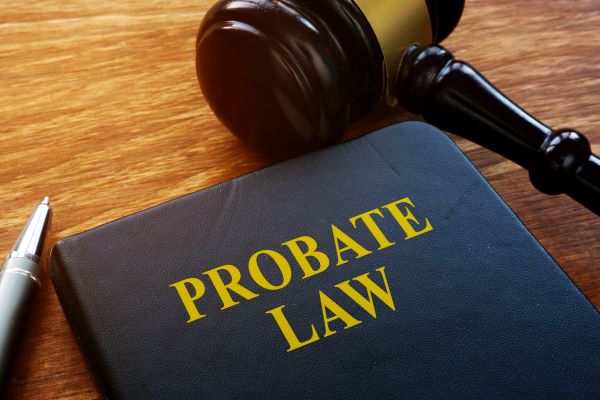
How Does Durable Financial Power of Attorney Work?
You do not currently have a featured image set for this post. To set your featured image, click on the circular Meta View button and set your image in the box on the bottom right.
Durable financial power of attorney is a
relatively simple means of arranging for another person to manage your finances
in the event of your incapacitation.
The primary benefit of this estate planning tool is that it allows for continuity for your estate, while preventing any stress and disputes that could otherwise arise among family members about who is best suited to take charge of your money and assets.
But what exactly does the word “durable” mean here, and how does a durable financial power of attorney work?
Whenever you establish power of attorney, you can either make it “durable” or “springing.” In a “springing” arrangement, the power of attorney only goes into effect after you become incapacitated. A “durable” power of attorney, however, goes into effect as soon as you sign it and continues to stay in effect through your incapacitation. This can prevent legal delays that often arise in “springing” arrangements.
What does your chosen agent do?
Your “agent,” the person to whom you have granted power of attorney, has the legal authority to act on your behalf for any financial matters. You may choose the extent of the powers your chosen agent has, which gives you some element of control even while you are incapacitated.
Common examples of powers given to agents include the abilities to:
- •Use assets from your estate to pay off medical bills and everyday expenses
- •Purchase, sell, maintain, pay taxes for and mortgage your real estate and other property
- •Collect any government benefits, Social Security or Medicare you receive
- •Invest your money in mutual funds, stocks and bonds
- •Handle any necessary transactions with financial institutions and lenders
- •File your tax return and pay your income taxes
- •Operate your small business
- •Transfer property to a trust you created
- •Hire an attorney to represent you in court
- •Manage your retirement accounts and other accounts with beneficiaries
Establishing financial power of attorney
To create a power of attorney document that is legally binding, you must complete a several-page-long form. Some banks and brokerage companies have their own forms you use when creating durable power of attorney, so if you want to give your agent an easier time of working with those institutions, it may be advisable for you to fill out those additional forms.
The document must also be signed in front of a notary public. If your agent will be dealing with any real estate matters, a copy of that document must be filed in the local land records office closest to where you own the property.
Your power of attorney can then end at your death or if you revoke it, if you get a divorce or if the court invalidates the document.
For more information and guidance on durable financial power of attorney and how it works, consult an experienced Ohio estate planning lawyer at Seif & McNamee, LLC.



